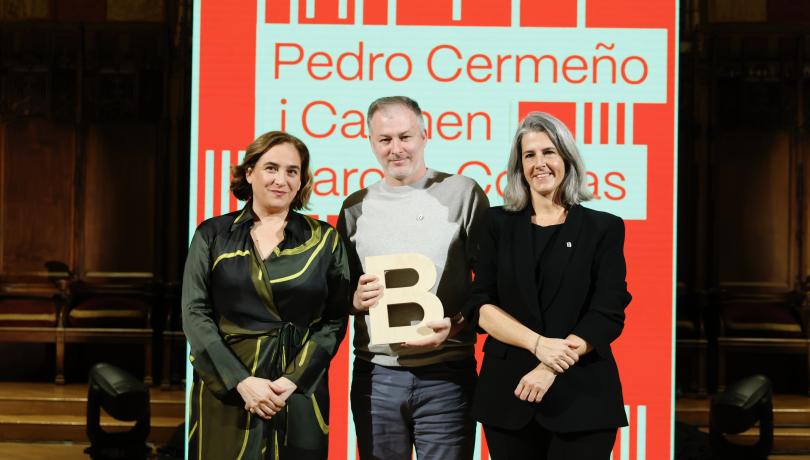The jury has recognized their work in the development of a diversification model that explains how marine biodiversity has evolved over the last 500 million years.

Carmen García-Comas and Pedro Cermeño, researchers at the Institut de Ciències del Mar (ICM-CSIC) in Barcelona, have been awarded the Premi Ciutat de Barcelona 2022 in the category of Environmental and Earth Sciences. The jury recognized their work in the development of a diversification model that allows reconstructing the history of marine biodiversity from the Cambrian explosion of life, some 540 million years ago, to the present.
All the details can be found in an article published last July in the prestigious journal Nature. According to the paper, today's marine biodiversity is the result of long periods of environmental stability on Earth that allowed the development of biodiversity hotspots, i.e., regions with a high number of species.
"Since the fossil record is incomplete, we needed to develop a new computational approach capable of recreating the history of biodiversity in the oceans, especially the origin of hotspots," explains Cermeño.
For his part, García-Comas states that "it was exciting to see how, starting from a single species, the model is able to fill the oceans with life, making the marine biodiversity patterns that we observe today emerge 540 million years later".
Finally, the model sheds light on one of the most controversial questions in evolutionary ecology: whether or not there is a limit to the global diversity that the Earth can support. Ecological theory states that as diversity increases and biological interactions such as competition intensify, the process of diversification slows to a halt. At this point, the emergence and establishment of a new species will inevitably lead to the extinction of an old species.
However, part of the scientific community has argued that the Earth's ecosystems are so heterogeneous that there will always be room for more species. "Our results reconcile both views. While most of the oceans show levels of diversity well below their maximum, regions harboring biodiversity hotspots may be close to their limit," the award winners emphasize.
The award ceremony, with a prize of 9,500 euros, will take place on February 15 at the Saló de Cent in the Catalan capital.